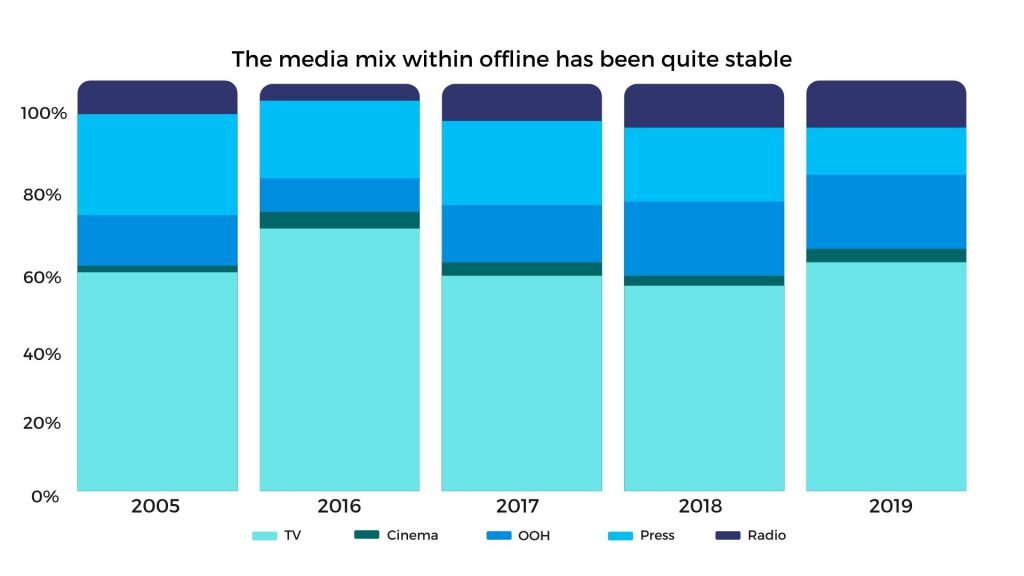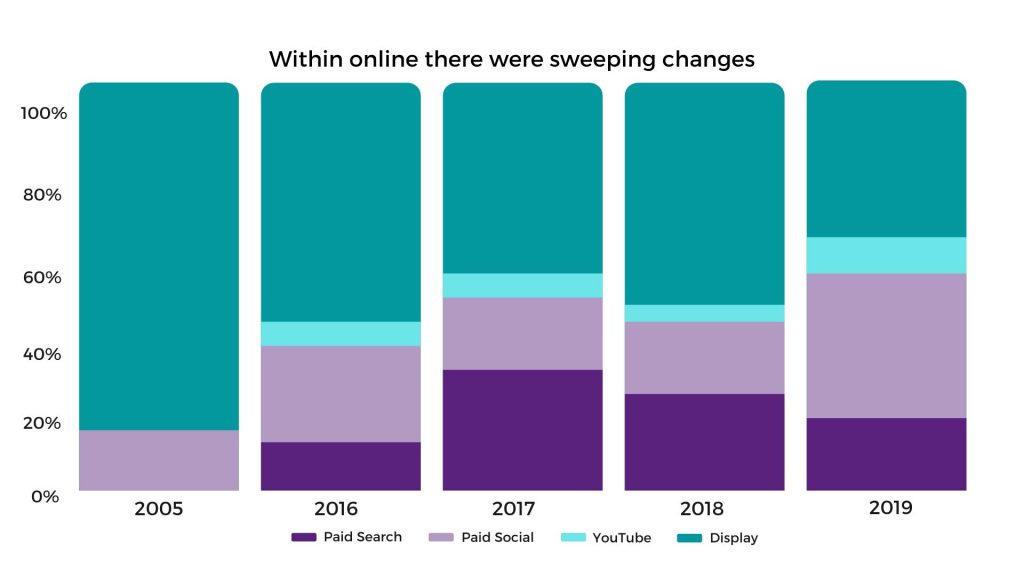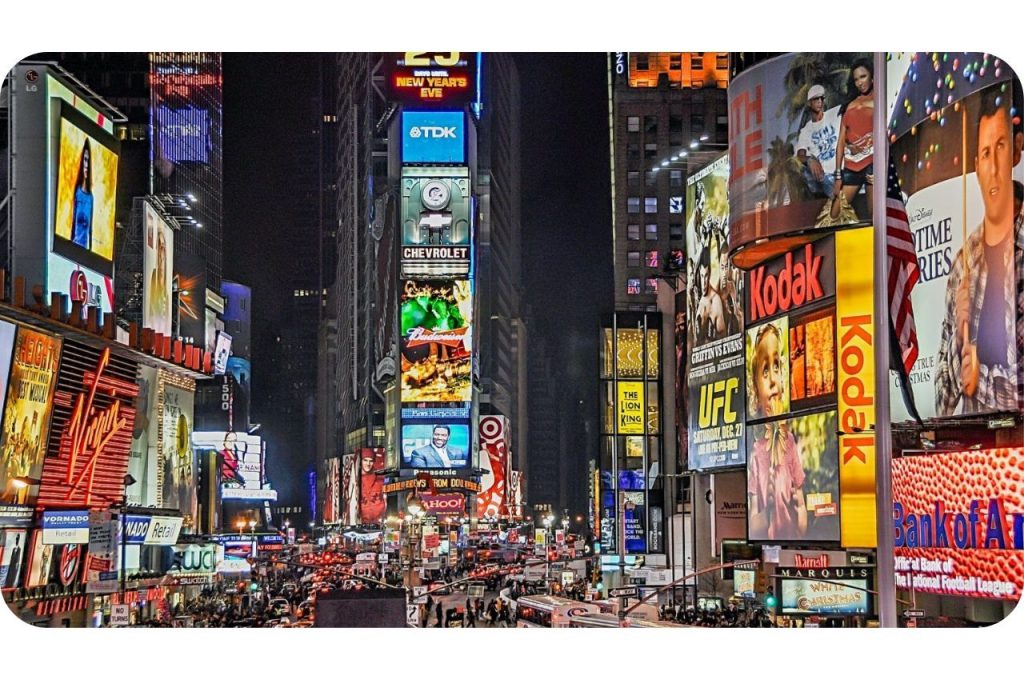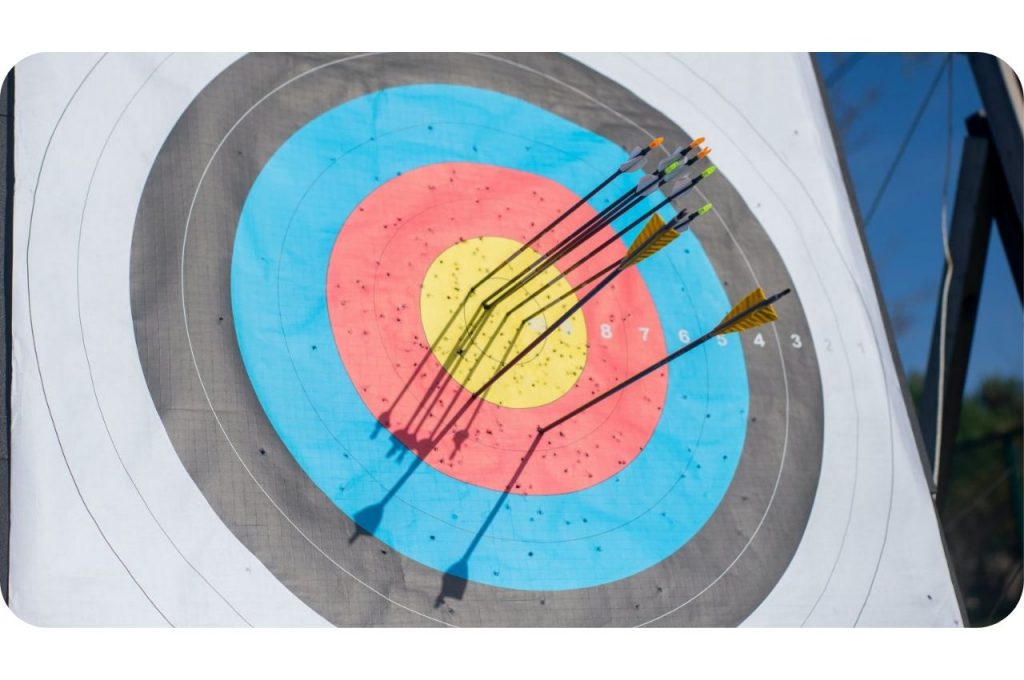
Marketers have allegedly been facing an effectiveness ‘crisis’ – which would suggest that the ability to sell through advertising whilst driving long-lasting profit, has been declining.
However, new data confirms that this is not the case, and ROI from online advertising has been increasing for the past five years.
Short-termism and creative effectiveness
The Crisis in Creative Effectiveness report warned the industry of the dangers to creative effectiveness posed by short-termism in marketing. According to the study:
- A collapse in effectiveness is due to the shift to short-term activation-focused creativity, and the strategic and media trends promoted as a result.
- Creativity is delivering little of its full potential over short time frames.
- This general trend of short-termism has been reinforced by creative judges awarding campaigns that pursue short-term focused goals, therefore further encouraging a short-term mind-set.
Essentially, the study suggests a short-term focus means that those campaigns will under-perform in the long-term.

“Our data, and client experience, shows that you can build a brand by building its customer base. Arguably the most impactful way to create a long-lasting memory of a brand, is to get somebody to purchase from it.”
Ed Feast
Planning Director
The online shift
There has been a significant shift in how advertisers are able to market products, and as online options became more sophisticated, the industry has adjusted. The disruption to traditional advertising models that digital technology has enabled over the years, means that the media market has had to evolve.
However, online advertising is not the enemy of marketing effectiveness – and new data by the Advertising Research Community (ARC) project, shows that ROI has been increasing in the last five years – now comparable to 2005.
What does the data show?
The collective data found that the average ROI – amongst ordinary, non-award-winning marketing campaigns – is £3.80 in revenue per £1 spent on advertising – meaning effectiveness is not being compromised, and the tactical short term approach can be more profitable than long term, if the data is followed and campaigns optimised.
FEATURED READS
How did online impact share of budget?
ARC data shows that between 2005 and 2016, there was a significant shift in the investment being allocated to new online channels. This is also when effectiveness dropped, which does suggest online share was too high.
When looking at the specific choices of digital channels, there were changes being made amongst advertisers during the years when ROI was increasing. These changes reflect a period of experimentation with advertisers adapting to new available online options.
Offline marketing budget allocations remained stable, with two thirds of the budget allocated to TV and the remainder split between cinema, OOH, press and radio.

Between 2005 and 2016, there was a notable shift in the budget allocated to new online channels.
- As ROI was increasing, paid search also fluctuated; with an increase in 2016-2017, followed by a drop from 2017-2019.
- By 2019, paid social and paid search were both prominent digital channels, with YouTube remaining least prominent.
The data suggests that marketers essentially found an equilibrium in 2016, with the optimum split being 55% spent on offline advertising and 45% spent on online advertising. Advertisers are now in a strong position and this data confirms that the industry as a whole has a much stronger understanding of how newer online channels fit into the marketing mix.

All Response Media viewpoint
ARMalytics has enabled our clients to decode the secrets of how their advertising is performing, to deliver immediate sales growth. We’ve always known that performance advertising delivers strong results, and is the best course of action for brands in a fast growth stage where they are building their share. It does become different when your brand’s share of market gets more significant, because you’re actively competing against the force of your major competitors’ brand and their advertising, but for most businesses performance is the most reliable way to drive ROI.
It’s worth calling out here that “short termism” is a term that drives us nuts at All Response; it’s such a derogatory way to think about a performance approach to marketing. It’s often used to criticise businesses for a lack of long term goals, but we find, almost always, that when you’re in a fast growth stage in a market, it’s better to be reactive than stick doggedly to a long term strategy.
Once you’re a large, established brand, then things do change, as we’ve mentioned, but if your market share is still growing profitably with performance, don’t change until you reach your limit.
FEATURED READS








